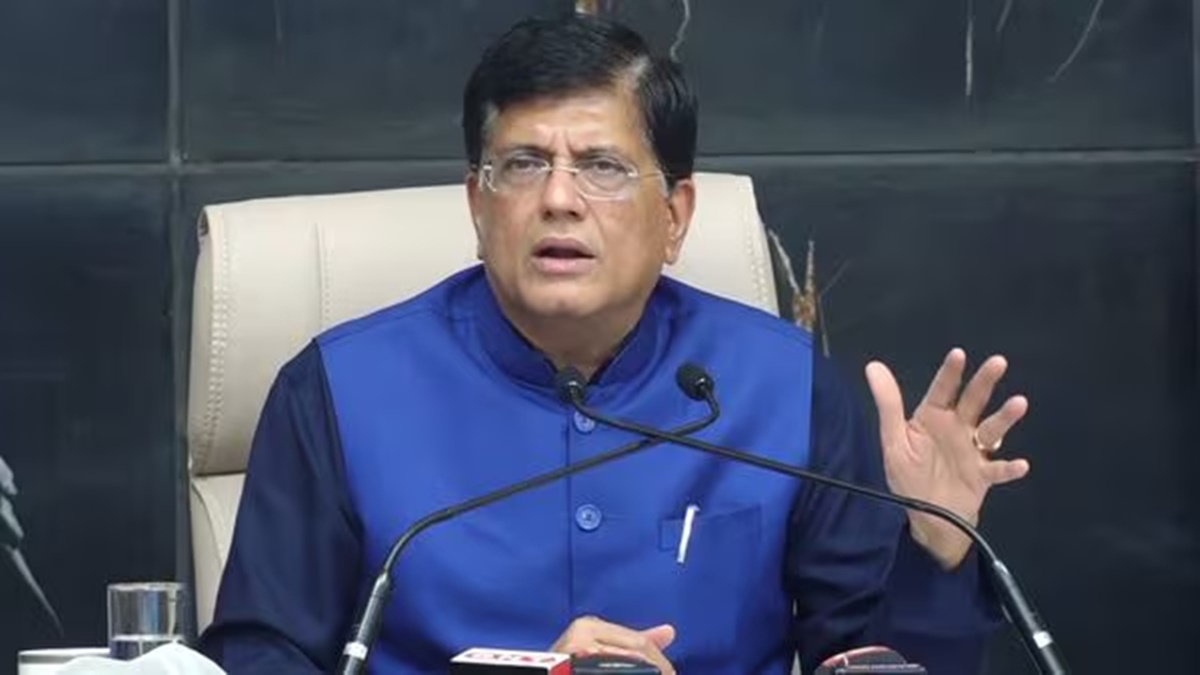In a significant move reflecting its evolving trade stance, India recently turned down a $1 billion investment proposal from BYD, a prominent Chinese electric vehicle manufacturer. This decision is part of a broader trend, as another Chinese automaker, Great Wall Motor Co., also exited the Indian market after struggling to secure necessary regulatory approvals. As the landscape of international trade shifts, India is navigating these waters with increasing scrutiny of Chinese practices.
Trade Tensions and Historical Context
The remarks from India’s Commerce Minister, Piyush Goyal, highlight a growing concern regarding China’s global trade approach. He pointed out that the world’s economic framework has taken decades to develop, emphasizing that the roots of the current challenges can be traced back to China’s entry into the World Trade Organization (WTO). Goyal stated, “The global community was optimistic that China would evolve into a more transparent player; however, this optimism masked the reality of its unfair trade practices.”
- China’s trade practices: Goyal argues that the rapid economic ascent of China has often relied on actions that violate fair trade norms.
- Global implications: His comments reflect a significant shift in how countries view China’s role in the international trading system.
Global Trade Dynamics and Protectionism
In the backdrop of these tensions, U.S. President Donald Trump has threatened to impose an additional 50% tariff on Chinese imports unless they retract planned retaliatory taxes. This indicates a growing trend toward protectionism that India seems to be embracing as well.
India currently enforces a 100% duty on fully assembled vehicles, which is the highest among major economies. This tariff structure has been a crucial factor in protecting local manufacturers from foreign competition. However, as India engages in free-trade discussions with both the United States and the European Union, there is rising pressure to open its lucrative automotive market to international players.
Future Trade Opportunities
Goyal expressed optimism about India’s potential for forging trade agreements with developed nations, stating, “India has significant opportunities for trade deals while remaining vigilant against dumping from China.” This cautious approach signifies India’s commitment to safeguarding its domestic industries while strategically enhancing its position in global markets.
With the automotive sector being a focal point of international trade discussions, the developments in India could have far-reaching implications for global manufacturers and investors. As the world’s third-largest auto market, India’s policies will undoubtedly shape the future landscape of the industry.
In summary, India’s recent rejections of investments from Chinese firms underscore a complex narrative of protectionism, trade tensions, and evolving international relationships. As the country navigates these challenges, the strategic decisions made today will play a crucial role in defining its economic future.











